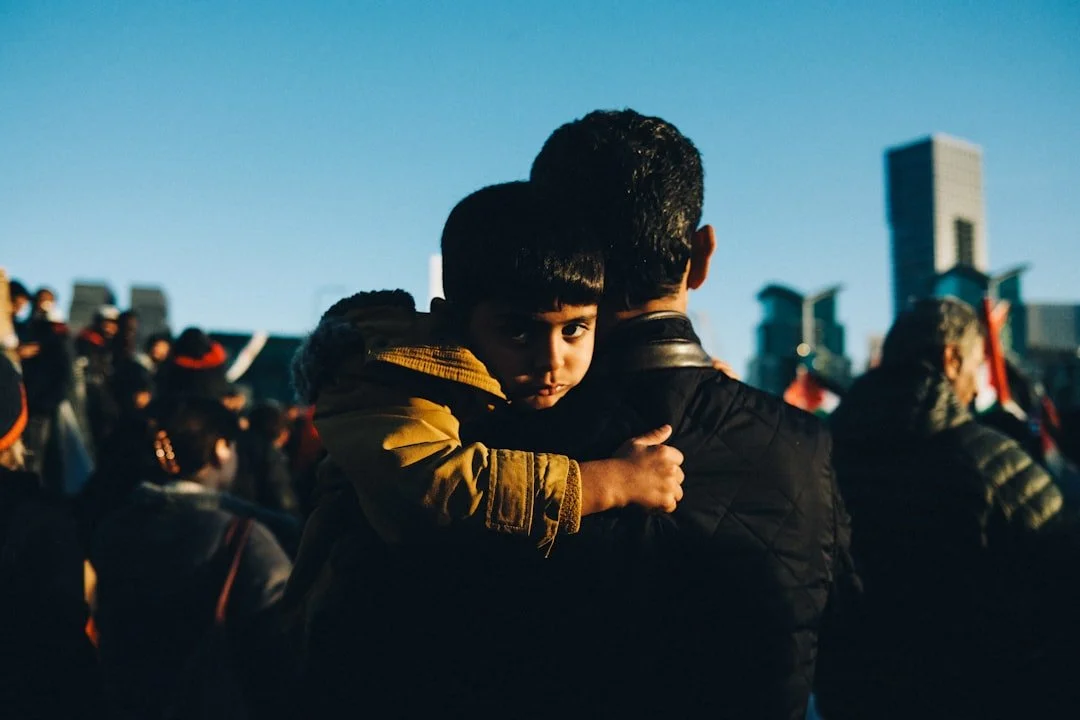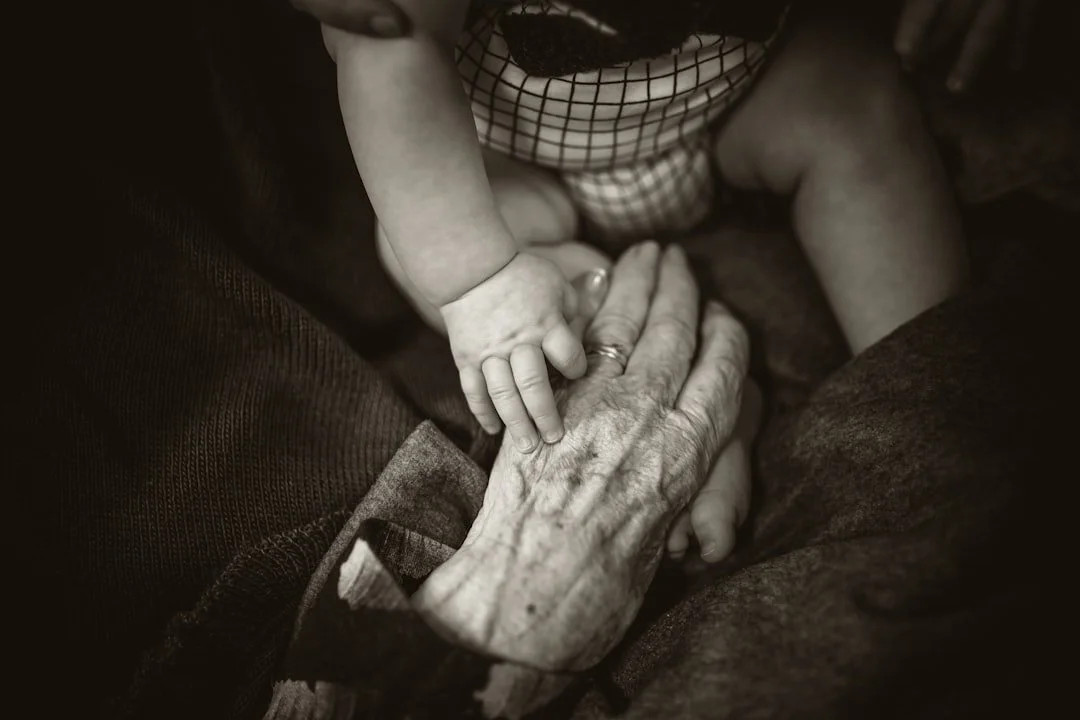Maria Cristina Deneve
Maria Cristina Deneve
Read More
Maria Cristina Deneve
Maria Cristina Deneve
Read More
Maria Cristina Deneve
Maria Cristina Deneve
Read More
Maria Cristina Deneve
Maria Cristina Deneve
Read More
Maria Cristina Deneve
Maria Cristina Deneve
Read More
Moonraker Support
Moonraker Support
Read More
Maria Cristina Deneve
Maria Cristina Deneve
Read More
Maria Cristina Deneve
Maria Cristina Deneve
Read More
Maria Cristina Deneve
Maria Cristina Deneve
Read More
Maria Cristina Deneve
Maria Cristina Deneve
Read More
Maria Cristina Deneve
Maria Cristina Deneve
Read More
Maria Cristina Deneve
Maria Cristina Deneve
Read More
Maria Cristina Deneve
Maria Cristina Deneve
Read More
Maria Cristina Deneve
Maria Cristina Deneve
Read More
Maria Cristina Deneve
Maria Cristina Deneve
Read More
Maria Cristina Deneve
Maria Cristina Deneve
Read More
Maria Cristina Deneve
Maria Cristina Deneve
Read More
Maria Cristina Deneve
Maria Cristina Deneve
Read More
Maria Cristina Deneve
Maria Cristina Deneve
Read More
Maria Cristina Deneve
Maria Cristina Deneve
Read More





















